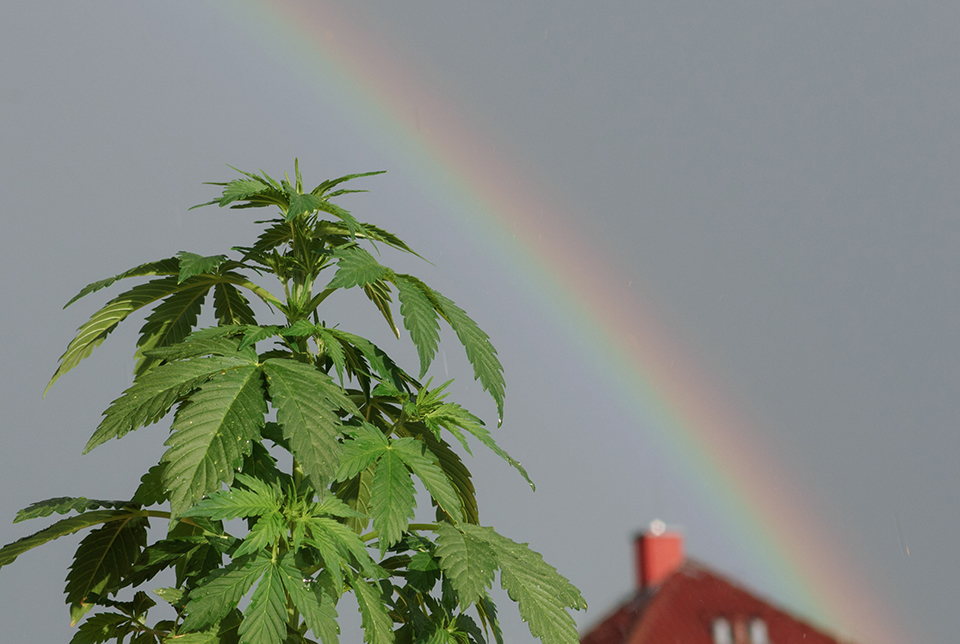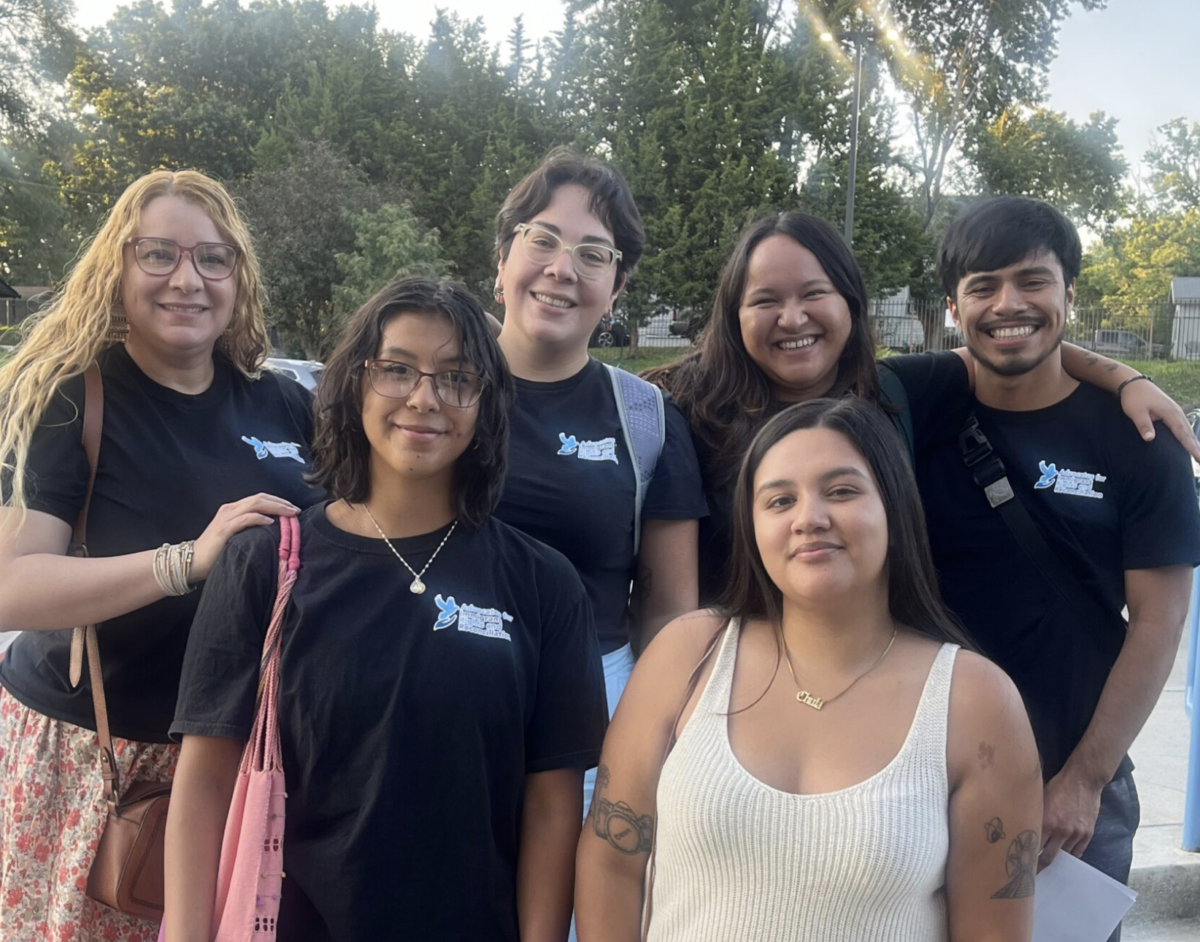Elizabeth Orosco
Northeast News
More discussion on Amendment 2 is taking place in Jefferson City.
Placed on the November ballot last year, this Amendment permits state-licensed physicians to recommend marijuana for medical purposes to patients with serious illnesses and medical conditions, taxing marijuana sales at four percent, which will be spent on healthcare services for veterans. The Amendment passed with 65.5 percent of Missourians voting yes.
Qualifying conditions include cancer, epilepsy, glaucoma, intractable migraines, chronic medical condition causing severe pain, debilitating psychiatric disorders, HIV, any terminal illness, or other chronic, debilitating, illness in the professional judgment of a physician.
During a February 13th public hearing, several hundred people attended to voice thoughts and concerns regarding affordable and equal access of medical marijuana to Missourians. The Missouri Department of Health and Senior Services is currently working to promulgate rules.
Representative Ron Hicks, (R,) introduced House Bill 341, which would allow certain marijuana-related offenses to be expunged.
The bill specifies that any individual who obtains a patient ID card could have any marijuana-related misdemeanor offenses or municipal violations expunged if the offenses or violations occurred in Missouri prior to the issuance of the patient ID card.
The effect of the order would restore the individual to the status he or she occupied prior to the arrest, plea, or conviction as if the event had never taken place.
The bill is currently headed to Rules Committee.
House Bill 829, introduced by Representative David Wood (R), creates provisions stating any litigation that Missouri is involved in due to medical marijuana shall be paid out of the Department of Health and Senior Services’ portion of the Missouri Veterans’ Health and Care Fund.
Eleven House Bills and four Senate Bills regarding marijuana have been filed.
The Department of Health and Senior Services is tasked with implementing the provisions of Amendment 2. This includes issuing registrations to qualified patients and their primary caregivers, licensing and certification of medical marijuana cultivation facilities, dispensary facilities, medical marijuana-infused products manufacturing facilities, and medical marijuana testing facilities.
Application forms and instructions will be available June 4th, applications for identification cards will begin to be accepted July 4th, and facility applications will begin to be accepted August 3rd.
As of Feb. 7, 2019, a total of 418 pre-filed application forms and fees totaling $3,020,000 have been received by the Department of Health and Senior Services. This includes 128 cultivation facilities, 226 dispensary facilities, and 64 medical marijuana-infused manufacturing facilities.
To obtain medical marijuana, residents must visit a state-licensed physician to obtain a physician certification and apply for a patient ID card. Once the ID card arrives, residents may purchase medical marijuana from a state-licensed dispensary.



















